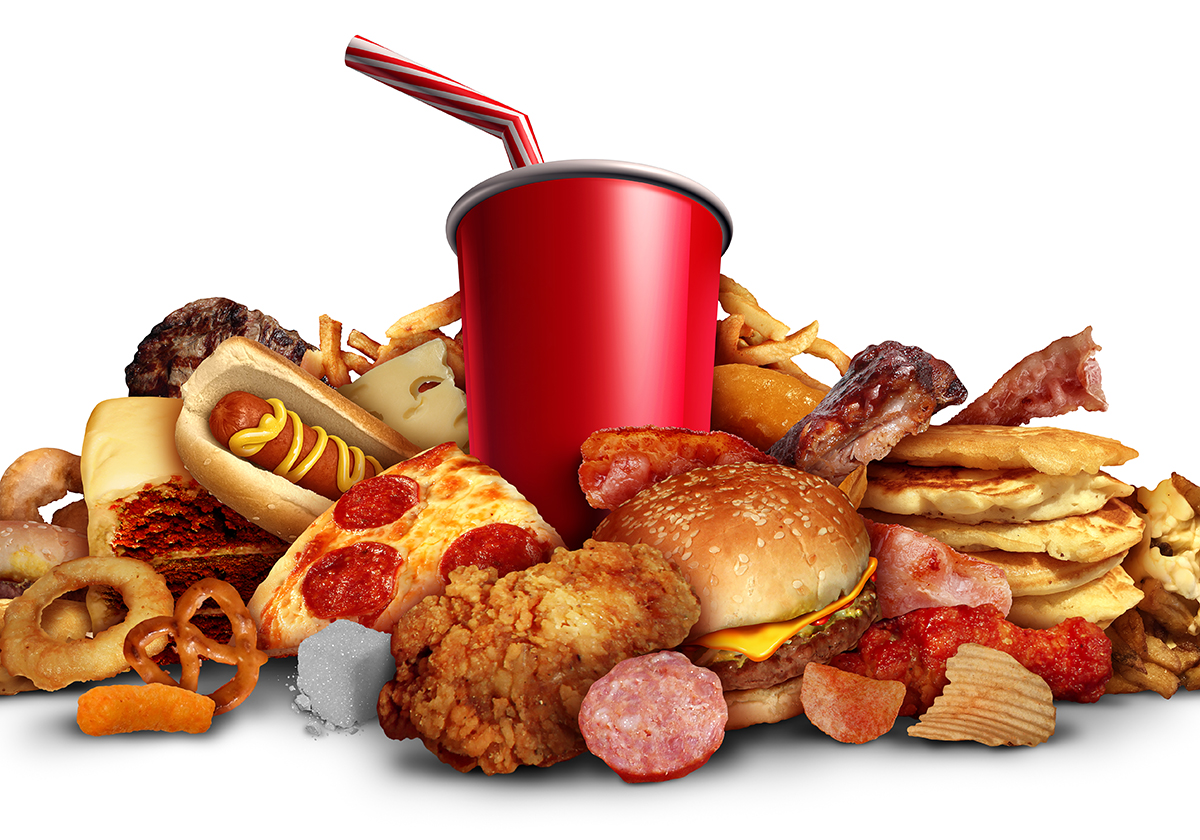REUTERS — Major food companies in the United States have been hit with a new lawsuit that accuses them of designing and marketing “ultra-processed” foods to be addictive to children, causing chronic disease.
The lawsuit was filed by Bryce Martinez, a Pennsylvania resident who alleges he developed Type 2 diabetes and non-alcoholic fatty liver disease, diagnosed at age 16, as a result of consuming the companies’ products.
His lawyers described the case as the first of its kind.
Read Also

Saskatchewan puts crown land auction on hold
Auctions of Saskatchewan crown lease land are once again on hold.
The companies being sued include Kraft Heinz, Mondelez, Coca-Cola, Post Holdings, PepsiCo, General Mills, Nestle’s U.S. arm, WK Kellogg, Mars, Kellanova and Conagra.
“There is currently no agreed upon scientific definition of ultra-processed foods,” said Sarah Gallo, senior vice-president of product policy for the Consumer Brands Association, an industry group representing food and beverage makers.
“Attempting to classify foods as unhealthy simply because they are processed, or demonizing food by ignoring its full nutrient content, misleads consumers and exacerbates health disparities.”
Evidence has grown in recent years that highly processed foods are linked to a wide range of chronic health problems. Food described by researchers as “ultra-processed” includes many packaged snack foods, sweets and soft drinks made with substances extracted from whole foods or synthesized artificially.
Robert Califf, commissioner of the U.S. Food and Drug Administration, has said that ultra-processed foods are likely addictive.
Robert F. Kennedy Jr., U.S. president-elect Donald Trump’s pick to lead the U.S. Department of Health and Human Services, has criticized the food industry and the FDA for failing to regulate it.
Martinez’s lawsuit alleges that the food companies have long known their products are harmful and deliberately engineered them to be as addictive as possible. It argues that they are drawing from the same “cigarette playbook” as tobacco giants Philip Morris and R.J. Reynolds, which for a time owned the companies that became Kraft Heinz and Mondelez.
The lawsuit includes claims of conspiracy, negligence, fraudulent misrepresentation and unfair business practices. It seeks an unspecified amount of compensatory and punitive damages.















